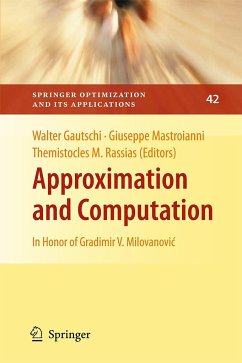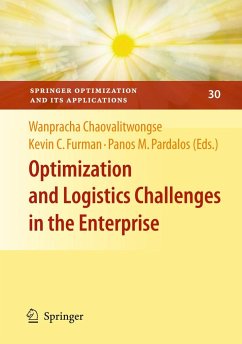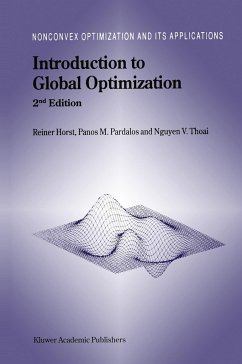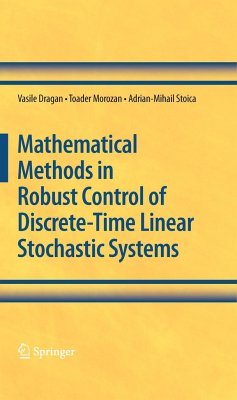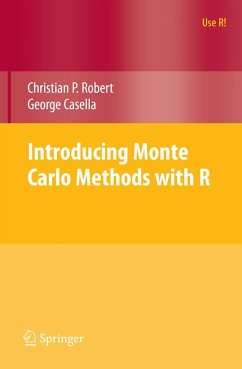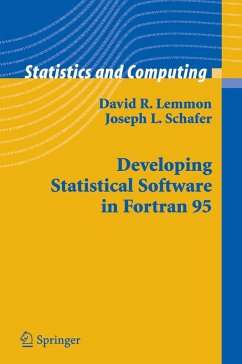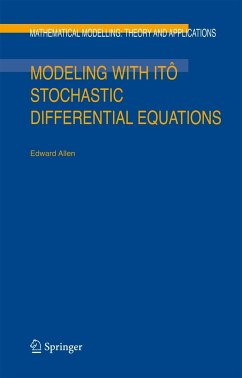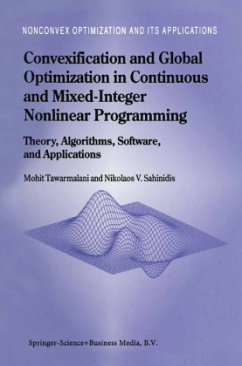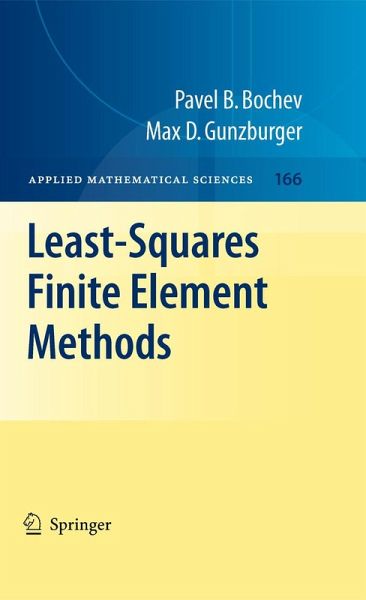
Least-Squares Finite Element Methods

PAYBACK Punkte
50 °P sammeln!
Since their emergence in the early 1950s, ?nite element methods have become one of the most versatile and powerful methodologies for the approximate numerical solution of partial differential equations. At the time of their inception, ?nite e- ment methods were viewed primarily as a tool for solving problems in structural analysis. However, it did not take long to discover that ?nite element methods could be applied with equal success to problems in other engineering and scienti?c ?elds. Today, ?nite element methods are also in common use, and indeed are often the method of choice, for incompr...
Since their emergence in the early 1950s, ?nite element methods have become one of the most versatile and powerful methodologies for the approximate numerical solution of partial differential equations. At the time of their inception, ?nite e- ment methods were viewed primarily as a tool for solving problems in structural analysis. However, it did not take long to discover that ?nite element methods could be applied with equal success to problems in other engineering and scienti?c ?elds. Today, ?nite element methods are also in common use, and indeed are often the method of choice, for incompressible ?uid ?ow, heat transfer, electromagnetics, and advection-diffusion-reaction problems, just to name a few. Given the early conn- tion between ?nite element methods and problems engendered by energy minimi- tion principles, it is not surprising that the ?rst mathematical analyses of ?nite e- ment methods were given in the environment of the classical Rayleigh-Ritz setting. Yet again, using the fertile soil provided by functional analysis in Hilbert spaces, it did not take long for the rigorous analysis of ?nite element methods to be extended to many other settings. Today, ?nite element methods are unsurpassed with respect to their level of theoretical maturity.





